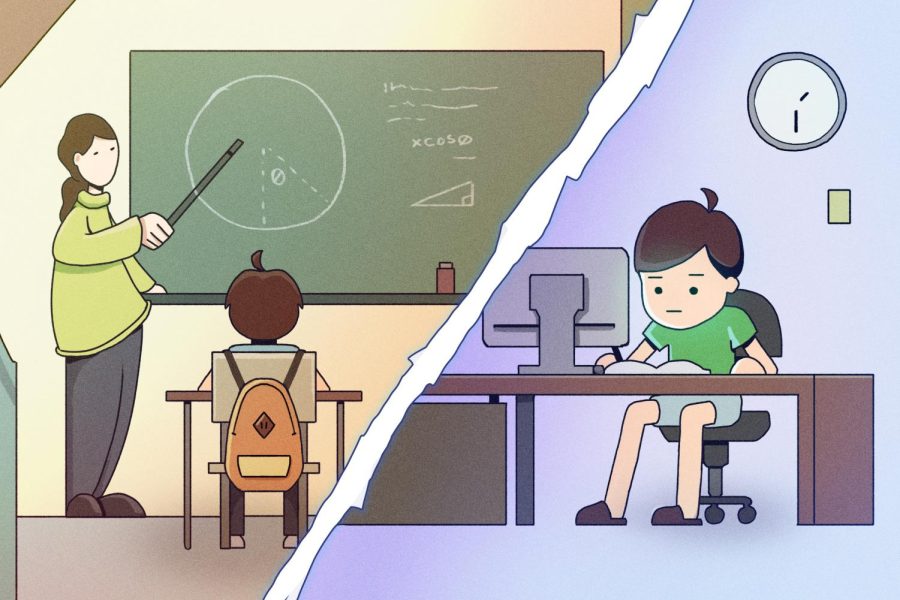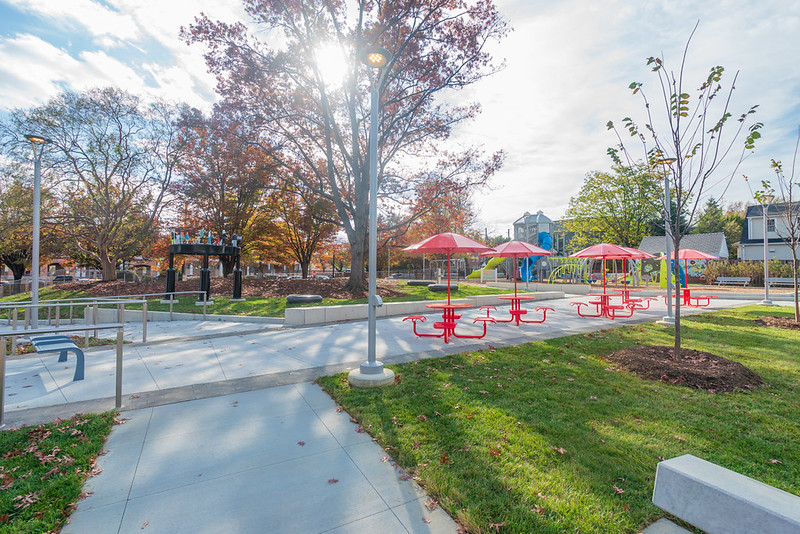Updated Monday, March 24.
Graduate Danny Milzman (’12), now a student at Georgetown University, was charged Friday afternoon with possession of the deadly chemical ricin after authorities discovered the substance in his dormitory room.
Ricin, the same chemical found in letters addressed to President Obama and Senator Roger Wicker, is derived from a protein found in castor beans that can be deadly—even in small quantities—if ingested or inhaled.
Milzman served as vice president of Whitman’s SGA and was a speaker at his graduation. He was also a National Merit semifinalist and a member of the Quiz Bowl and ice hockey teams.
“From what I remember, he was always really excited about something, great to have in class because he would always want to talk about interesting things,” said Peter Jorgensen (‘12), a sophomore at Hamilton College. “He was always the student the teacher either absolutely adored or loathed, just because he was such a social animal.”
Facing federal charges for possessing a deadly amount of the chemical—more than 120 mg—Milzman appeared in U.S. District Court Friday afternoon and will remain in custody until his detention hearing March 25, as reported by WUSA. Milzman faces up to ten years in prison if convicted for possession of a biological toxin.According to court documents, Milzman told his friend Thomas Lloyd Monday evening that he had created the chemical and showed him a sample. Milzman told the FBI he made the ricin a month before. His roommate was never present while he was handling the substance, he said. Lloyd informed counseling services and the University Police Department, he told the Black & White.

Law enforcement officials declined to comment on Milzman’s motive for producing the chemical, although they don’t believe it was associated with terrorism, The Washington Post reported.The Washington Post reported that Milzman allegedly sent aggressive comments to another student online, according to a recent Georgetown graduate. The graduate said she alerted the school administration that the other student might be in danger.
Milzman “appeared to be a serious threat to the other student,” she told the Washington Post.
Milzman made the ricin using salt, acetone and castor beans from local businesses including American Plant Company and Home Depot. He used instructions found on the internet to make the toxin, according to the court documents.
Some of Milzman’s classmates at Georgetown described him as “obsessed with Breaking Bad,” which features the chemical in its series, according to WAMU 88.5, American University’s radio station.
A similar incident occurred at Whittier College in California last year when castor beans were found in a student’s dorm room. The student wasn’t convicted because he hadn’t extracted ricin from the castor beans.
The symptoms of ricin poisoning depend directly on the type of exposure, but include dehydration, difficulty breathing and seizures, according to the Center for Disease Control. The D.C. Department of Public Health, which the university consulted about the case, reported that if students were harmed by the chemical, they would have shown symptoms within 24 hours.
The school hired contractors specializing in decontamination of toxins to clean the dorm and the building has since been reopened to students, the Post reported.
“Among students I’ve spoken to, we were confident in the university’s assurances that our safety was not compromised during the investigation,” said Lena Rothfarb (‘12), a sophomore at Georgetown.








